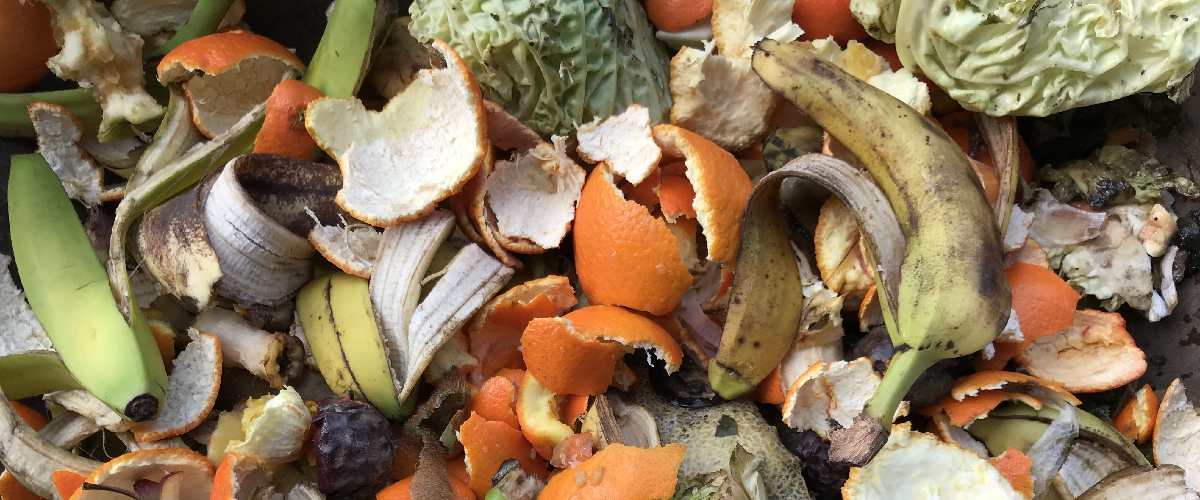Bio-waste reduction and recovery

Bio-waste reduction and recovery - towards sustainable and circular management.
Around 40% of urban waste produced is Bio-waste, including food waste and green waste (biodegradable waste from gardens and parks).Bio-waste prevention and recovery plays an important role closing nutrient loop, preserving biodiversity, reducing greenhouse gas emissions, and materializing a sustainable bioeconomy.
As such, these aspects are particularly relevant in different European and National strategic documents (Green Deal,PNGR - National Waste Management Plan, PERSU 2020+, Roadmap for Carbon Neutrality 2050).
LIPOR is a pioneer and benchmark institution in bio-waste recovery in Portugal. LIPOR's action is based on a circular approach for bio-waste that includes the following areas:
- Reduction at the source and reuse - Aims to act at the level of food waste by reducing it or by referring excess food and/or promoting its consumption. Includes the Embrulha and Dose Certa projects and monitoring of different entities such as Banco Alimentar, Fruta Feia, GoodAfter, Refood, Too Good To Go and Zero Desperdício.
- Local treatment - Aims to treat bio-waste at the source. Includes projects for household and community composting and green waste composting parks.
- Centralized treatment - Aims for selective collection and recovery of bio-waste. The collected bio-waste is recovered at LIPOR's Composting Plant (CVO) through the tunnel composting process, producing Nutrimais compost.
Find out more about our bio-waste prevention and recovery strategy.
Explore the links above to find out more about our bio-waste prevention and recovery strategy and the projects currently underway.






